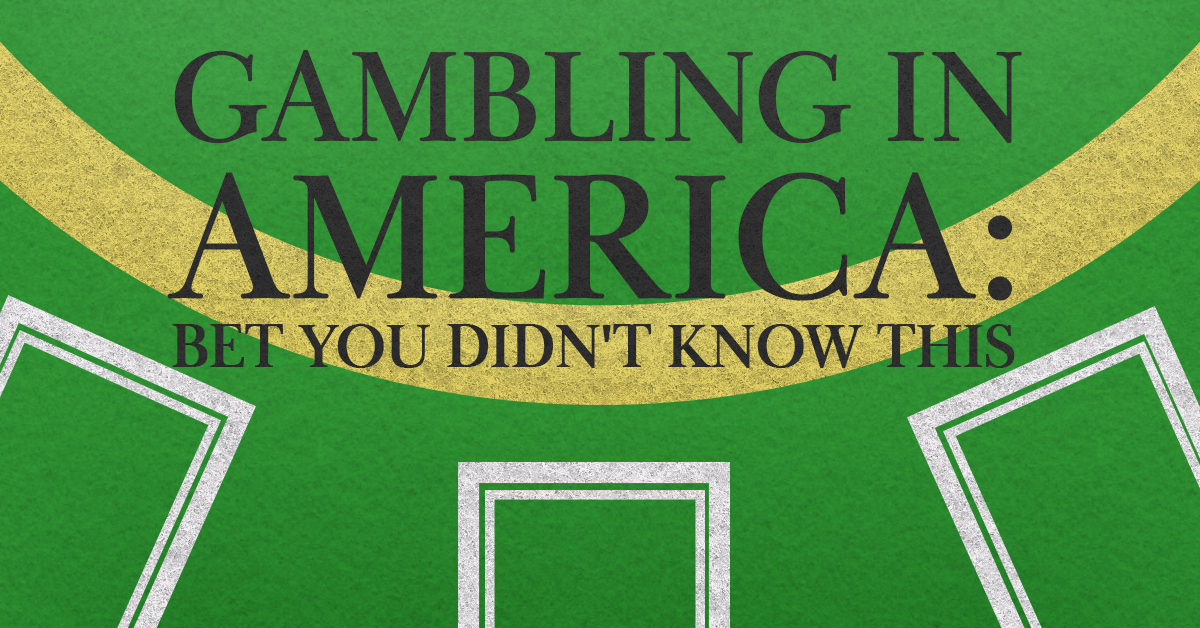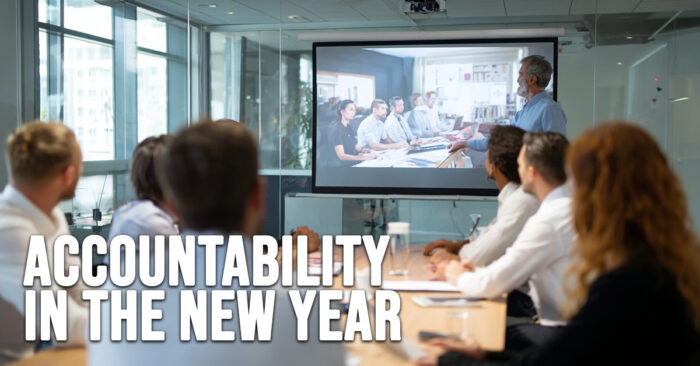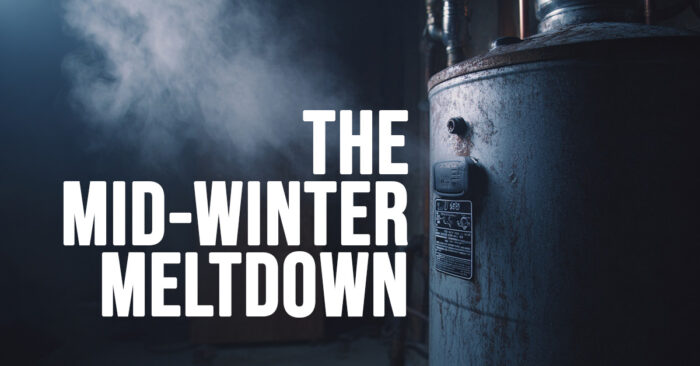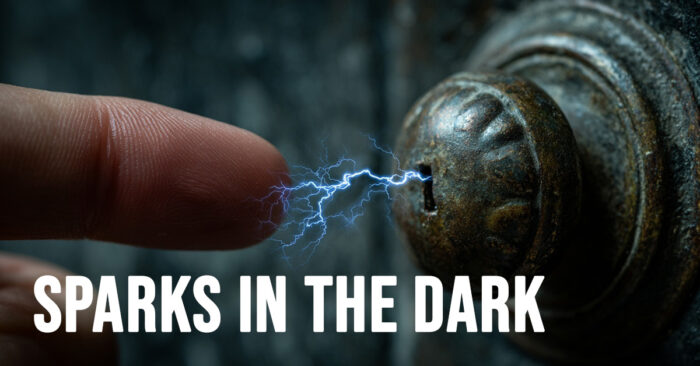Gambling in America: Bet You Didn’t Know This

Gambling in America: Bet You Didn’t Know This
Most of us associate gambling in the United States with cities like Las Vegas, when in fact, gambling was used, in part, to fund the original 13 colonies. Gambling actually was one of the causes of friction between the Colonies and Britain prior to the American Revolution. Gambling has been a part of this country since its inception, although it is still controlled and maintained by a variety of rules and regulations on a statewide basis.
Here is a quick look at gambling in America and some interesting facts we bet you didn’t know.
- In the country’s early days, New Orleans emerged as the gambling center of the United States.
- The Gold Rush of 1849 increased the number of prospectors and gamblers in Northern California. It wasn’t long before San Francisco replaced New Orleans as the capital of gambling in the U.S.
- As Westward expansion continued in the mid-1800’s cities like Deadwood, Denver, Kansas City, Dodge City and others became major gambling centers with lavish gambling houses and where gamblers were seen as the elite. Riverboat gamblers were particularly noted for their expensive jewelry and smart outfits.
- Horse racing became a form of entertainment for the wealthy in the mid to late 1800s, with, of course, gambling a big part of “the sport”.
- Many believe the roots of organized crime started with gambling and drinking houses in Chicago in the later 1800s. It would become a problem for the city for generations.
- In the early 1900’s most gambling was forced “underground” by political and social forces in the country.
- Horse racing began making a comeback in the 1920s and through the Depression of the 1930s, some gambling like Bingo was legalized to help churches increase funding.
- In the 1930s and 1940s, gambling was largely an illegal enterprise, operated by such “gangsters” as Bugsy Deigel.
- In the 1950s and 1960s, legalized gambling in Las Vegas and Nevada began to reshape the state, creating it as the center of gambling in the United States.
- In the 1970s, 80s, and 90s, gambling expanded to places like Atlantic City and along the Gulf Coast in Mississippi.
- Today, 18 states have legalized commercial casinos and 30 have some form of legalized gambling.
Don’t gamble with your family’s future. For a complete insurance review, contact one of our independent agents to quote a loss-prevention program to protect your assets. There’s no cost or obligation. We look forward to assisting you.
Do you have questions about your insurance? Find an insurance agent near you with our Agent Finder
Search All Blogs
Search All Blogs
Read More Blogs
Accountability in the New Year: Auditing Employee Risk for Workers’ Comp and Liability
Get back to basics! Mid-January is the time for mandatory safety refreshers and HR audits to manage Workers’ Comp and General Liability risk in 2026.
The Mid-January Check-Up: Why Scheduling Your Life Insurance Exam Now Locks in the Best Rate
Don’t delay the exam! Schedule your Life Insurance paramedical exam in mid-January to lock in your best rate and complete your application process quickly.
Used Car, New Coverage: Insuring Your Post-Holiday Vehicle Purchase in January
Just bought a used car? Don’t forget to update the VIN, transfer your coverage, and check if you need higher Medical Payments limits.
The Mid-Winter Meltdown: Protecting Your Home from Aging Furnace and Water Heater Failure
Mid-January system failure is costly. Learn why standard home insurance doesn’t cover your broken furnace and why you need an Equipment Breakdown endorsement now.
The Great Indoor Escape: Launching Your Mid-January Reading Challenge
Swap the screen for a spine! How to launch a simple, rewarding mid-January reading challenge to improve focus and beat the winter blues.
Cyber Traps of Tax Season: Securing Your Business Data with Cyber Insurance
Tax season is phishing season. Protect your sensitive financial data and employee W-2s with robust Cyber Insurance coverage against targeted tax fraud.
Tax Season Lifeline: Why January is the Time to Secure Estate Liquidity with Life Insurance
Tax season is here. Use Life Insurance to create tax-free liquidity for your estate and protect your family business from forced asset sales.
The Debt-Deductible Dilemma: Aligning Your Auto Policy with Post-Holiday Finances
Did holiday spending deplete your savings? Reconsider high auto deductibles—you might not be able to afford the out-of-pocket cost if you have an accident now.
Deep Freeze Defense: Essential Home Insurance Prep for January’s Peak Winter Storms
Don’t wait for the blizzard. A mid-January guide to using your Home Insurance to protect against peak winter storm damage, from ice dams to power outages.
Sparks in the Dark: The Shocking Science (and Solutions) of National Static Electricity Day
Why does everything zap you in January? Celebrate National Static Electricity Day by learning the science of the “winter spark” and how to stay grounded.









